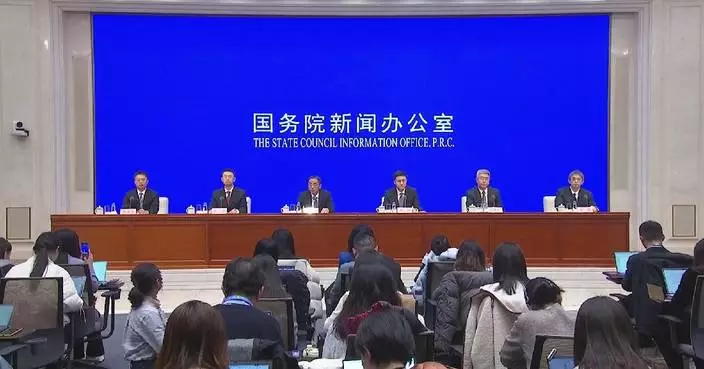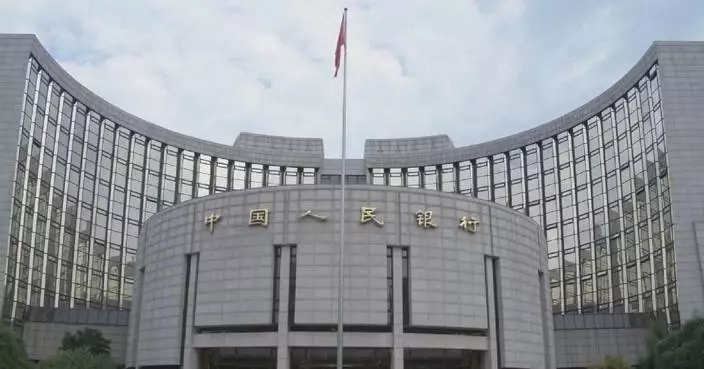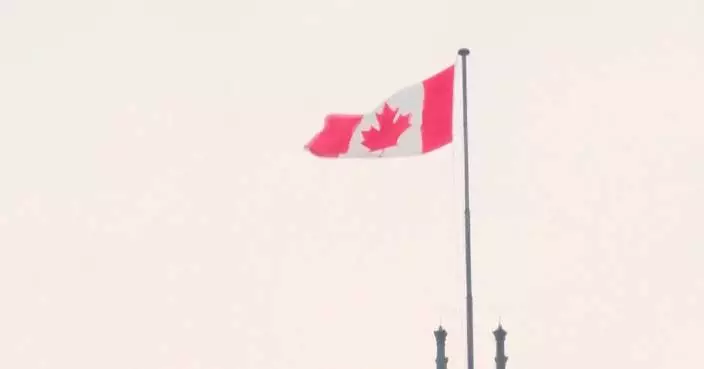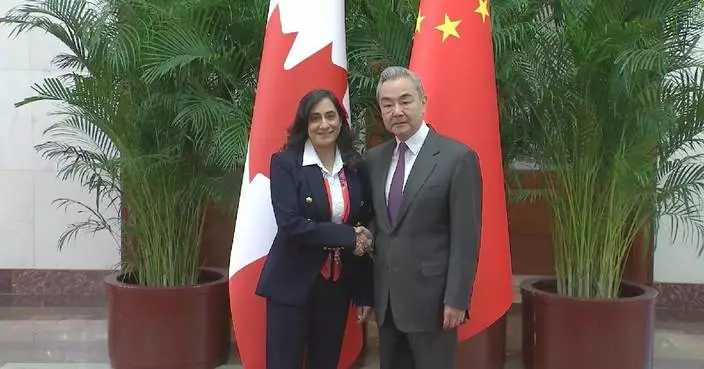Shanghai has emerged as a top overseas destination for Japanese travelers during Japan's Golden Week, with tourist numbers surging 2.6 times compared to last year, according to data from airlines and tourism operators.
This year's Golden Week in Japan, which coincided with China's May Day holiday, brought a wave of Japanese tourists to Shanghai, fueled by convenient travel connections and China's reinstated visa-free policy for Japanese citizens.
"Currently, there are nine flights daily from Tokyo to Shanghai -- four from Narita and five from Haneda. Compared to last year, seat occupancy on these flights has risen by 10.3 percent during the Golden Week," said Cai Zhen, director of the Haneda Airport Office of Shanghai Airlines, a subsidiary of China Eastern Airlines.
Strolling through Yu Garden, eating soup dumplings, enjoying The Bund's night view, and watching acrobatic shows have become the classic "must-do trio" for Japanese tourists in Shanghai, with Shanghai Disneyland also attracting many families for a memorable visit.
"The atmosphere at The Bund is amazing. It's kind of like Yokohama, but grander. The environment blends the old with the new beautifully," said one Japanese traveler.
"I've been to Shanghai before and loved it. I definitely want to come back," said another Japanese traveler.
"The streets are so clean, and places like The Bund feel very European. Disneyland is newer and more high-tech than Tokyo's. Honestly, if you visit Shanghai Disneyland first, Tokyo's might feel a bit underwhelming," said a Japanese traveler.
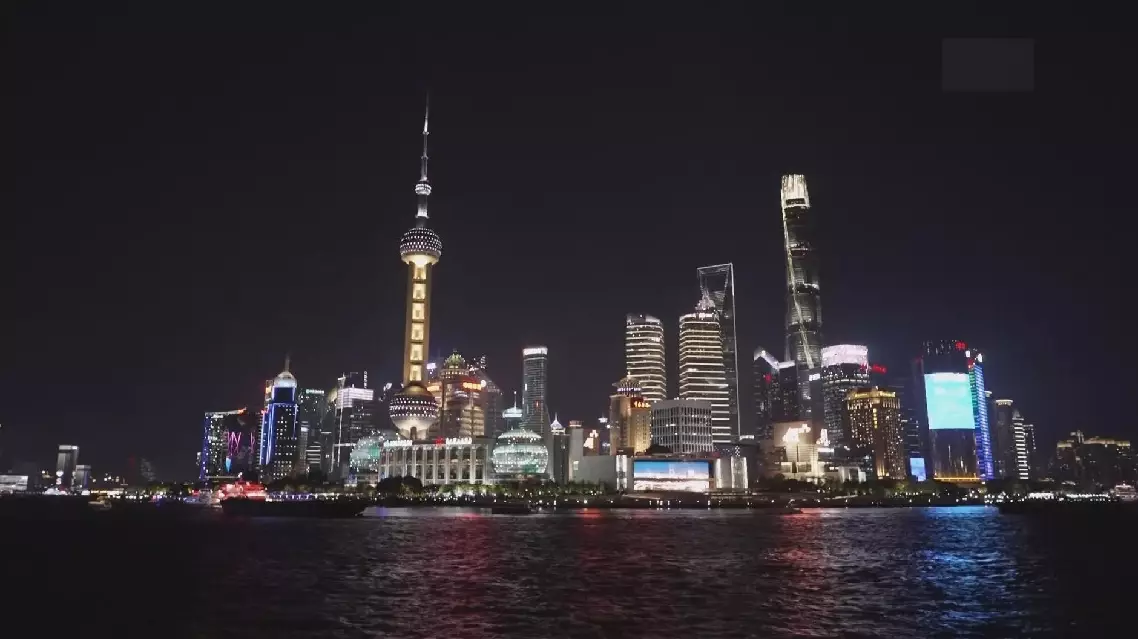
Shanghai tourism booms during Japan’s Golden Week
A former television host from Taiwan, Zhai Xuan, has made a pivotal decision to leave mainstream broadcasting in order to create content that provides a better understanding of the Chinese mainland and cross-strait relations.
Zhai, a seasoned television host with over a decade of experience in Taiwan's media landscape, recently addressed an audience at an event in Beijing, where she revealed her complete transition into independent online media.
In her remarks, she articulated her aspiration to bridge what she perceives as a significant information gap between audiences on both sides of the Strait, highlighting her commitment to fostering a deeper understanding and connection through her new endeavors.
"I was really surprised by all the fake news. There were stories saying people on the mainland can't afford tea eggs or that they live in mud houses and in Taiwan, this was the main information many people received," said Zhai.
Zhai said she initially began producing online videos to challenge such perceptions while continuing her work as a television host.
In April 2025, she travelled to the mainland with her father to fulfill her late grandfather's wish to return to his hometown. The trip, which reunited family members separated since 1949, was recorded in a video series titled "Journey to Find Our Roots", drawing attention from viewers in both Taiwan and the mainland.
"Many people in Taiwan told me that after watching, they wanted to apply for a mainland travel permit immediately and go looking for their relatives. Some had long forgotten these things, but after seeing my story, they began thinking about their hometowns and family members they had never met and decided to search for their roots," Zhai shared her story at the event.
By mid-2025, Zhai said she began to feel increasing pressure amid rising political tensions and a tightening atmosphere around cross-Strait exchanges in Taiwan.
After more than 12 years in the industry, Zhai resigned from her position, believing it was the right thing to do.
"At that moment, I felt this was a major issue,not just for me, but for Chinese people on both sides of the Strait. If I backed down then, I wouldn’t be standing on the right side," said Zhai.
Since leaving television, Zhai has broadened her online programming to encompass a range of daily-life topics, including practical guidance on applying for a mainland travel permit and using commonly employed mobile applications, in addition to content that delves into historical memory and cultural connections across the Strait.
As the debate over cross-Strait relations continues in Taiwan, Zhai said she remains committed to her current path.

Former Taiwan TV host bridges cross-Strait divide via online media




